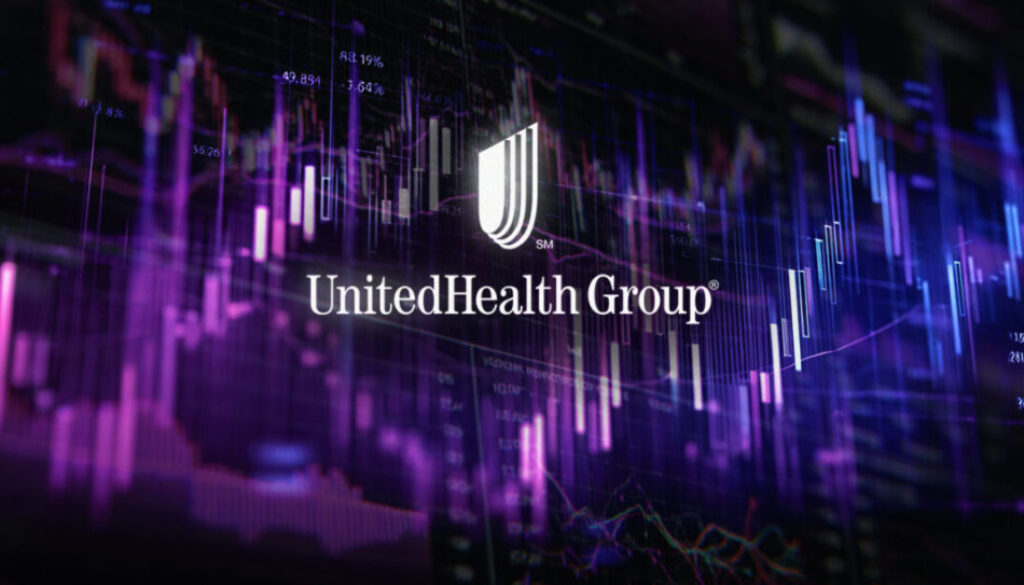Amid ‘intensifying’ cost of care, UnitedHealth plans to exit markets

UnitedHealth Group is making the hard choices necessary to turn the floundering insurance giant around, CEO Stephen Hemsley assured Wall Street analysts Tuesday.
Those hard choices include exiting plans serving 600,000 members, and potentially, more Affordable Care Act plans in the future.
The insurer stumbled repeatedly since the beginning of 2024 and parted ways with its former CEO, Andrew Witty, and abandoned its earnings guidance on May 12. In the second quarter, UHG reported revenues of $111.6 billion, slightly better than Wall Street expectations. Revenues increased $13 billion compared to the second quarter of 2024. However, margins shrank from 4.3% in 2024 to 3.1% in Q2.
Chief Financial Officer John Rex blamed the increasing medical costs, which continue to rise.
“We continue to see utilization increases in ER and observation stays, and consistently see more services being offered and bundled as part of each ER visit and clinical encounter,” Rex said. “In short, most encounters are intensifying in services and costing more.”
UHG will exit plans that currently serve over 600,000 members, Rex said, “primarily in less managed products such as PPO offerings.”
The insurer slashed revenue guidance to the $445.5 billion to $448 billion range, just shy of Wall Street’s $449.16 billion estimate. In 2025, health care costs are up $6.5 billion “more than anticipated,” Rex said, half of that from the insurer’s Medicare business.
Inaccurate cost projections
UHG cost projections were off across the board, Rex said:
- Medicare Advantage, up 7.5%. The insurer is pricing in a 10% increase for 2026.
- Medicare Supplement, up 11%
- Fully insured group, up 11%
- Medicaid behavioral trend, up 20%
The UHG share price dropped 4% to 5% early Thursday morning.
UHG’s updated outlook also removes about $1 billion from “previously planned portfolio actions” that the insurer has abandoned, UnitedHealthcare CEO Tim Noel said. He did not provide specifics on those actions.
UnitedHealth Group said it expects to return to earnings growth in 2026.
Optum Rx revenue increased nearly 19% to $38.46 billion, but Optum Health’s Q2 revenue fell 7% to $25.21 billion. UHG’s ownership of an insurer, a pharmacy benefit manager and care providers generated big profits in the past, but PBMs are drawing increased scrutiny from states on up to Congress.
“Clearly, Optum’s performance this year has also not met expectations,” Dr. Patrick Conway, Optum’s CEO, told analysts. “We need to refocus on our performance discipline with a bias for action and transparency for all stakeholders. We have launched our agenda of change at Optum, starting with the evolution of our leadership team.”
Conway took over Optum in May.
From Hemsley on down, UHG executives expressed humility and took extra time to lay out the insurer’s troubling financial performance. The company presentation took 45 minutes, significantly longer than is normal for an earnings call.
On Thursday, UHG announced an internal investigation into its Medicare practices, confirming a Department of Justice investigation into the same matter. The embattled health insurer said it wants to provide “transparency and confidence in the Company’s practices,” in a Form 8K filing with the Securities and Exchange Commission.
‘Revisit and address’
UnitedHealth faces several shareholder derivative lawsuits citing media reports on the insurer’s “questionable billing tactics,” culminating with a May 14 Wall Street Journal scoop that the DOJ was preparing to initiate a criminal investigation into the insurer.
While not directly addressing the investigation details, Hemsley said the insurer is evaluating everything it does.
“As we continue to assess the state of our businesses, it is very apparent that some require fundamental reorientation,” Hemsley said. “Others require building and nurturing, and others must be reconsidered and redirected to their original purpose. We also recognize the need and the opportunity to revisit and address critical processes and fundamental business practices, both internal and market-facing.”
The number of people receiving medical benefits is expected to increase by up to 1.135 million over 2024, UHG said, “led by serving seniors and people with complex needs.” The number of people served with commercial benefits is expected to increase by up to 335,000, with growth of 720,000 within self-funded employer-sponsored offerings.
The number of people served with commercial insured offerings is expected to decline by 385,000, comprised of 180,000 contraction in individual insured offerings, of which 140,000 are on exchange products, and a decline of 205,000 in employer-sponsored group products.
Exiting more markets, including the Obamacare plans, remains on the table, Rex said.
“We may need to make the difficult decision to exit select markets if we are unable to achieve the rates necessary for higher market-wide morbidity,” he said.
Medicaid funding issue
Rex also acknowledged the Medicaid funding issue, exacerbated by the federal budget recently passed by Congress.
“Wherever states support responsible funding for Medicaid, we remain committed to serving people through that program, and view this as integral to our mission,” Rex said. “The American health system’s long-standing cost problem is accelerating. We are embracing our responsibility to continue to drive better health outcomes while trying to keep healthcare affordable for all Americans.”
© Entire contents copyright 2025 by InsuranceNewsNet.com Inc. All rights reserved. No part of this article may be reprinted without the expressed written consent from InsuranceNewsNet.com.
The post Amid ‘intensifying’ cost of care, UnitedHealth plans to exit markets appeared first on Insurance News | InsuranceNewsNet.





